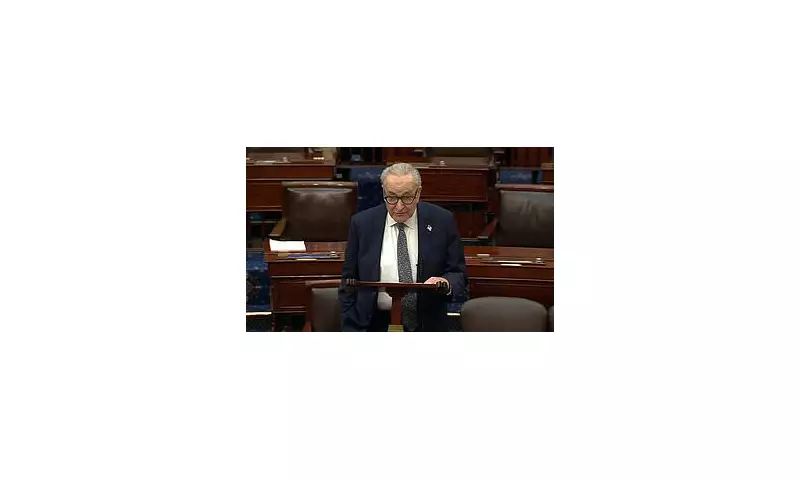
In a powerful and rare display of bipartisan and bicameral unity, the United States Senate has unanimously passed a bill to release the Jeffrey Epstein files to the public, mere hours after the House of Representatives did the same.
A Swift and Decisive Move
Senate Democratic Minority Leader Chuck Schumer requested unanimous consent to pass the legislation, known as the Epstein Files Transparency Act. He emphasised that the move was about providing the American people with the transparency they have been demanding. "The American people have waited long enough. Jeffrey Epstein's victims have waited long enough. Let the truth come out," Schumer stated. With no objections raised, the measure passed seamlessly.
This Senate action followed an overwhelming vote in the House of Representatives earlier on Tuesday, where the bill passed by a margin of 427 to 1. The sole dissenting vote came from Republican Representative Clay Higgins of Louisiana, who argued on social media platform X that the bill abandoned centuries of criminal justice procedure and could harm innocent people.
Political Pressure and Diverging Views
Despite the bill's rapid progress, it was not without contention. Republican House Speaker Mike Johnson had supported the release but pleaded for amendments to better protect Epstein's victims and avoid jeopardising ongoing investigations. However, Senate Majority Leader John Thune expressed doubt that the Senate could amend the bill, given the overwhelming support it had already received in the House.
The pressure on the Senate to act had been mounting by the hour. Minnesota Democratic Senator Tina Smith publicly called for the Senate to vote on the files "ASAP." Meanwhile, the political landscape was further shaped by former President Donald Trump's newfound backing for the bill, which, according to Arkansas Republican John Boozman, would 'make a difference' in the Senate's handling of the legislation.
A Long Road to Transparency
The path to this legislative victory was rocky. The effort was spearheaded by a discharge petition, a legislative technique that bypasses the typical committee process. The petition finally secured the necessary 218 signatures last Wednesday when newly sworn-in Arizona Democrat Adelita Grijalva became the final signatory, fulfilling a key campaign promise moments after taking her oath of office.
The petition was backed by every House Democrat and three Republican women: Marjorie Taylor Greene, Nancy Mace, and Lauren Boebert. Survivors of Epstein's abuses gathered at the US Capitol alongside these representatives, demanding answers. Republican Thomas Massie, a key proponent, noted that his chance of success with the discharge petition was initially only about 4 percent, but he was "used to fighting battles and not winning."
As the files are set for release, the focus now turns to what information will be revealed and how it will be handled, with Attorney General Pam Bondi investigating Epstein's connections, potentially complicating the final disclosure.





